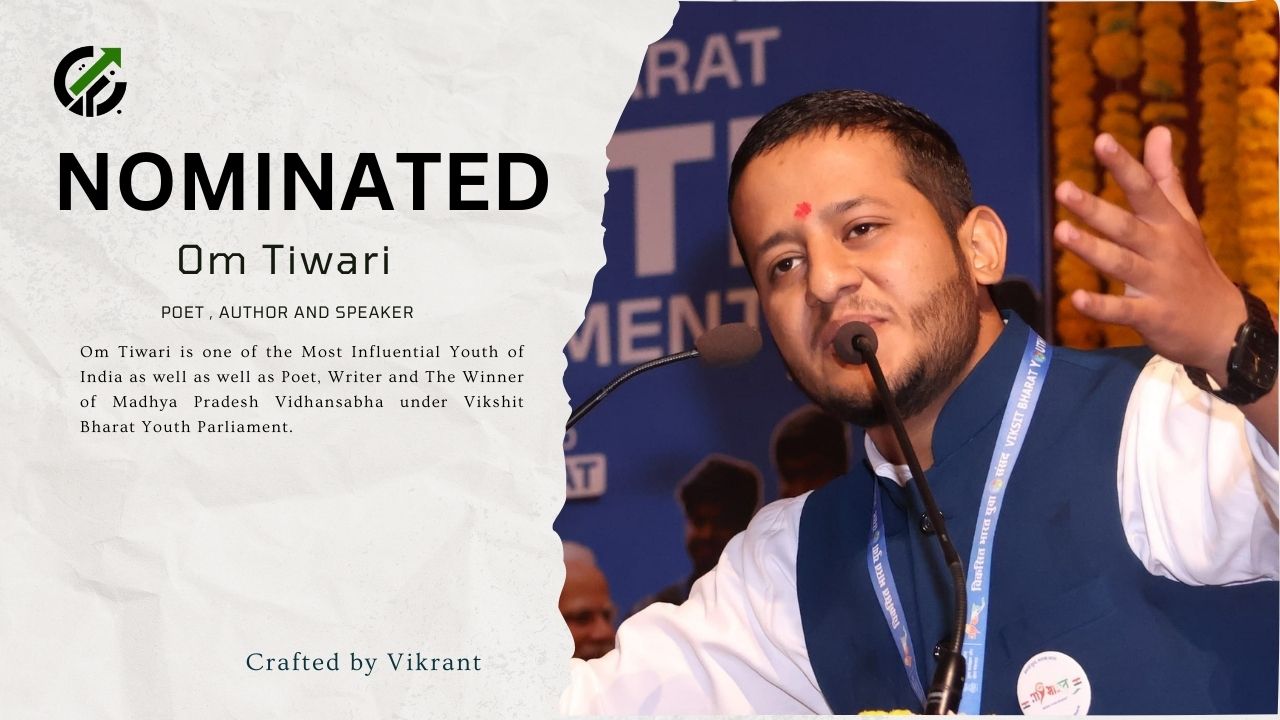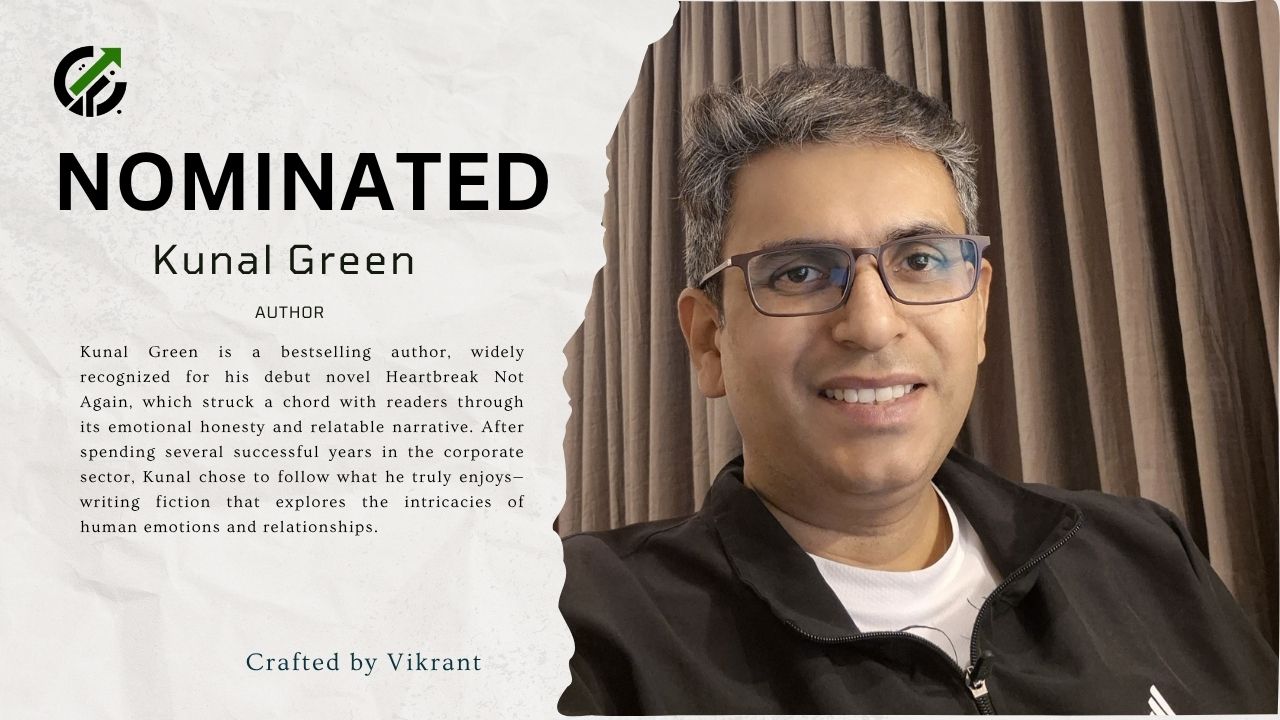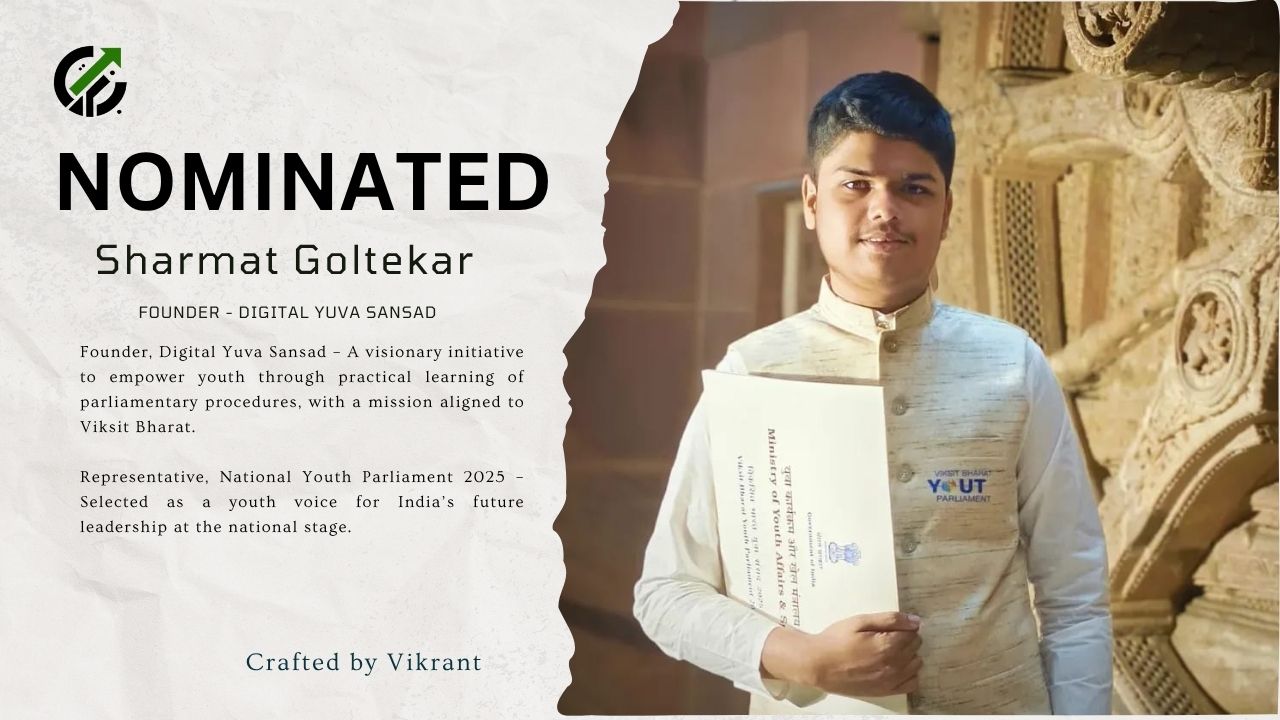“The Unbreakable Thread: Savita’s Journey of Strength, Stitch, and Spirit”
Savita was not born with a disability, but her life took a drastic turn at just nine months old. A fever after an injection led to complete paralysis. Her father, a symbol of unwavering love, carried her from hospital to hospital, operation to operation, wherever he believed hope still lived. Her first operation in Jaipur showed promise—she began sitting and even walking a little. Her father massaged her limbs every day, sometimes living away from home for months with her, hoping she would walk freely one day.
Savita doesn’t remember everything from that time, but she carries vivid memories of painful and traditional treatments. Once, she was buried in the earth with only her shoulders above the surface, while boiling water was poured on the soil around her. Another treatment involved being pricked with blades—painful rituals disguised as cures. These treatments left her body burning, yet they couldn’t restore movement. Still, her family never gave up. They didn’t let her feel broken or left out. She grew up surrounded by love, not pity.
School was a challenge of its own. At first, she was enrolled in a local school, but due to poor infrastructure, her elder sister Ravinder took her in and admitted her to a private school. There, she faced the brutal reality of inaccessibility—climbing floors with help, waiting hours alone after school, surviving on a single lunch box to avoid needing the bathroom. Yet, she pressed on quietly, never blaming her family who were occupied with seasonal farm work. Her perseverance was born of necessity—and nurtured by love.
At age 11, another surgery brought some mobility. She returned to her village and began walking to school on her own, using calipers and crutches. The one-kilometer journey was brutal. Children mocked her, threw stones, but she bore the pain in silence to avoid hurting her family. She never gave up. Eventually, she rejoined her sister and continued her education despite the relentless physical and emotional challenges.
In her free time after school, she learned basic embroidery and tailoring from her sister Tara Rao. Recognizing her talent, her brother Purushottam enrolled her at INIFD to pursue fashion design. It wasn’t easy—the institute was on the second floor with no lift, and Savita had to crawl up the stairs. People stared, but she held her head high. Her sister Kiran joined the course with her and remained by her side for the entire journey. Together, they became known as “Kiran-Savita,” topping their classes, participating in shows, and winning awards. Their bond went beyond sisterhood—they were a team.
Despite graduating in fashion design in 2007, she discovered her degree wasn’t valid for government jobs due to being through distance education. She learned this only after repeated job application rejections, and it felt like 15 years of hard work had been wasted. Opportunities in her field were limited, especially for someone with a disability in a small town. But even then, she didn’t let despair win. She began taking tuition classes at home and immersed herself in teaching young children.
In 2015, a fashion show became a turning point in her journey. She presented a theme of hand embroidery mixed with crochet work. At that time, she didn’t even know the term “crochet.” She simply saw the potential in a cousin’s handmade designs. She taught herself from scratch—learning through YouTube and Facebook images. Slowly, from scraps of wool, she created accessories, garments, home décor, and more. Her passion grew into a livelihood, and she began selling her work through a small online venture.
Life took a painful turn in 2019 when her mother was diagnosed with stage 3 cancer. Savita cared for her during her final months. The loss was devastating. But she chose to rise once again—this time with a new purpose. She enrolled in a Bachelor’s program in Textile Designing, starting her education all over again after 13 years. People doubted her decision, mocked her age, questioned the cost. But with her family’s support, she proved them all wrong.
The pandemic meant online classes, and once offline sessions resumed, she bought an electric wheelchair. She was the first physically challenged student in her department. The university lacked accessibility, but the faculty—especially Sachin Sir—stepped up to support her. They built ramps, repaired lifts, and ensured she could participate fully. During her internship, when many rejected her due to her disability, one company in Jaipur gave her a chance. Her work amazed them, and they even gave her a stipend though they weren’t obligated to.
She completed her degree with flying colors, but jobs in crafts were still rare. While digital work flourished, craft-based roles were few and far between. Eventually, she secured an online role as a project consultant—finally earning by doing what she loved. Today, she continues exploring her art, posts her creations online, and learns about social media one post at a time.
Savita’s journey is one of immense pain, relentless resilience, and quiet triumphs. From crawling up institute stairs to becoming a skilled textile artist, she transformed every barrier into a stepping stone. She is not just a survivor—she is an artist, a teacher, a fighter, and an inspiration.





